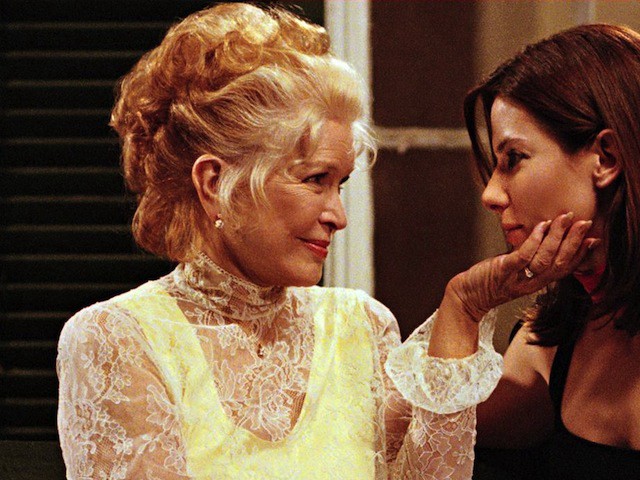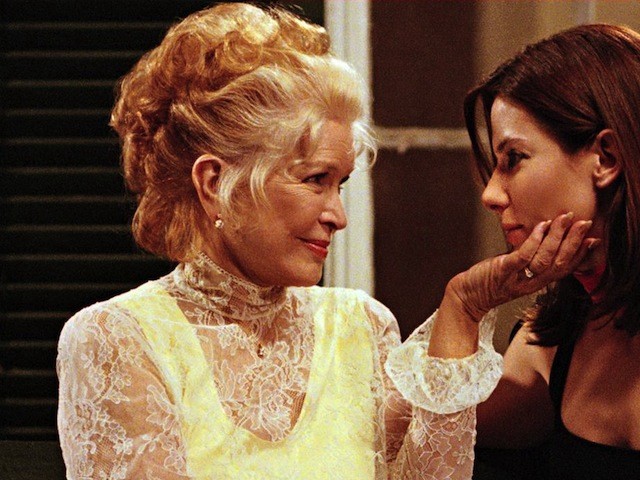An Interview With Wendy Molotkow
by Alexandra Molotkow


Hi Mom, it’s your daughter!
No!
So, the other day, as you and Dad and I were leaving my apartment we ran into my friend Anna. I introduced the two of you, and Anna said, “Oh, Wendy and Walter from Facebook.” I have no idea why she said that. I swear I have no idea why she said that. But it seemed to make you nervous.
It didn’t make me nervous, that’s the wrong word. It just made me think, I wonder what she’s writing.
So, Haley had asked me to write something about you for Mother’s Day. And I told her my mother really does not like me to talk about her, or to write about her, or to in any way publicize her likeness. Would you say that’s accurate?
Well, I don’t mind you making fond references to your mother having some profound influence on things that you do. I don’t like sharing my intimacy with strangers, that’s all.
I remember I wrote some blog post about the fact that we don’t really observe many traditions as a family, and I mentioned that on holidays you make me turkey dressing, but without turkey, served between two slabs of tofu.
Yeah, it was the way you put it. Something that involves some work, and you were sort of dismissing it — “two slabs.” Words are very important.
Also, you seem very scared that I’m going to post pictures of you on the Internet. And you call them selfies even when I’m the one taking the picture.
That’s a bit unfair, because I’ve never liked getting my picture taken, even before that. And the fact that I don’t even like getting my picture taken, and sharing it among people I know — you’re going a step further and posting it to the world! That’s what bothers me.
It’s like, when I go to garage sales, or the antique market, and people are selling old photo albums with pictures in them — I think, this means nothing to me, but it’s a personal snapshot for someone.
You feel like it cheapens the moment?
No, it’s that it only means something to the people who wanted the picture taken. It’s an issue in terms of privacy. Yes, I like to share things with people sometimes. But I pick the people with whom I want to share it. When you put things online, you’ve removed that from me. The whole friggin’ world’s watching.
So it’s sort of an issue of autonomy and control.
It’s an issue of privacy.
It’s funny that I keep kind of digging at this…
Well, you can call it funny, I call it annoying. [laughter]
I mean, it’s interesting that the word privacy has been this sticking point. Maybe we feel differently about it. Privacy seems to be a stand-alone value to you.
Not a stand-alone value. Privacy pervades every part of your life. Everything about what you do now is tracked, and I’m tired of it. I’m getting these things from the grocery store saying, Wendy, if you buy McCain pizza you should get five extra Air Miles! And I’m thinking, Shit, you know, this is pretty good! I get that stuff. And then it occurred to me that I completely missed the point. They’re building a profile of you, whether you like it or not.
And this is disturbing.
[“No shit” voice] Yeah. It is. I guess it isn’t to you. But I find it kind of spooky. Creepy, actually, is the word. Creepy.
Would you have ever thought this kind of thing would be possible?
No. I remember my typing teacher in grade 9, Mrs. Howard, she was kind of a nerdy type woman, and she’d say, “In the future, you’ll have equipment that will write these letters for you.” And I thought, Jeez, that’s going to be really interesting, but I had no idea how sophisticated it would be.
So your discomfort with the fact that I might write about you is sort of similar to your discomfort with Air Miles. We’re both threatening to characterize you as we see it, against your will.
Well, kind of, but again, it’s just that you’re taking away my right to share with whom I want. OK? I decide if I want to show people pictures. I decide if I want to talk to them about anything that I consider to be intimate. You’ve decided that you’re going to share this, and I feel like my choice is being limited.
I guess it’s probably really frightening to have a kid who is you know, posting stuff online that is potentially about you.
Well, it’s not frightening, it’s…uncomfortable, to have strangers think they know you, through just sort of glimpses. When I had a break-in at the house, I felt vulnerable that someone had come in and looked at things I liked while they rifled through the drawers.
Do you feel like people from my generation have different expectations about privacy than you do?
Yeah. I think they still care about privacy to a degree, but they seem to be more trusting. I think it’s because young people now are taught that an important part of career development is to sell themselves, to brand themselves. It’s something they have to do. I didn’t grow up with that. Self-awareness is always a good thing, but it isn’t always top priority. Today, you have to be able to say: This is who I am.
Do you think that’s unfortunate?
No. It just puts an added pressure on you, and particularly on young people who don’t know who they are, or what they want. This environment is ideally suited for extroverts. And sometimes people just say things spontaneously, because in the moment they felt it. That was then, it passed. But once you put it out there, it can’t be erased.
It’s important for young people to have the time and space to be stupid.
Yeah. But now it’s not a private thing, or even a community thing. You put it online and it’s everyone, and it’s there forever. And people change.
Can’t it just be like one of those Donna Reed stories, or Ozzie and Harriet, Leave It to Beaver? People are complex, it’s hard to reduce them to stories. But June wore her pearls, and waited for Beaver to come home. Even though the ’50s and ’60s were not simple times. You could pretend.
I guess the other thing, it’s like — what’s the word, when you’ve got two circles, and they cross over. You know what I’m talking about?
No.
You’ve got like a circle, and then there’s a circle next to it, and then there’s a part of the two circles that’s the same. [Venn Diagram]
Anyways. There’s your life, and your domain, the things that you consider to be private. And then there’s my life and the things that I may not consider to be private. And they intersect. How much of my life do you feel is a matter of your privacy?
Well, it’s not just you — I just wonder how people can be so open. I grew up in a time that was very prudish. Like, with Sex and the City, I couldn’t believe how open they were about stuff. So when young people start talking about their private lives, a couple of things run through my mind — that I consider these to be very private things, and then, do people actually want to read this stuff? Isn’t this kind of banal? Like, why are we talking about this?
Thanks a lot for talking, Mom.
Wendy Molotkow is kind and beautiful and works in social services and has had a profound influence on the things I do.